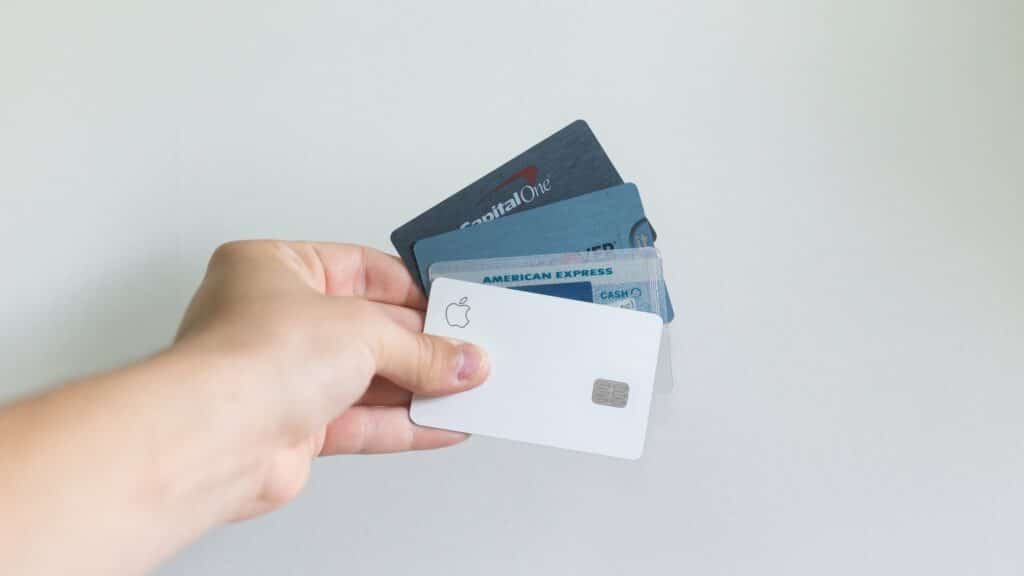Is Credit Card Debt Considered Bad Debt?
Credit cards can generally come in handy when you’re short on cash. The concept is somewhat similar to taking out a short-term loan since you get to “buy now and pay later.” Aside from being able to instantly make large purchases — at least depending on your credit limit — credit cards are also quite useful during emergencies.
However, if you’re not careful in using your credit card, you might end up being mired in a huge amount of debt. There’s a psychological factor to making instant purchases without taking physical money out of your wallet: you can have a tendency to forget that you actually paid for something. Before you know it, you’ve acquired an unmanageable amount of outstanding credit card balances.
But, because debts are seen as a necessity in building your credit score, is credit card debt really that bad?
Why You Should Avoid Credit Card Debt
It’s well and good that you can try to build a positive credit score with some amount of debt. If you manage to pay it regularly and on time, it tells lenders and financial institutions that they don’t have to worry too much about your capacity to pay in case you borrow money from them. However, it’s your capacity to repay that they’re looking at, not really whether you carry a lot of debt. In fact, it’s better to keep your credit card balance on the low side because it assures lenders that you don’t overspend.
Other compelling reasons that you should avoid credit card debt include the following:
High-Interest Rates
According to a report from WCNC Charlotte, average credit card interest rates are around 16.2%. This can be pretty steep in comparison with personal loans that have an average interest rate of only around 5% to 6%. Depending on your balance, this can take decades to pay off.
A report from CNBC notes: “If someone made only the minimum monthly payments on a credit card with a $25,000 balance, charging the average annual rate of 16.22%, it would take them nearly 30 years to be free of that debt, and they’ll have paid more than $32,500 in interest by the end.”
Little To No Savings
Further to paying high-interest rates, credit card debt can lead to you having little to no savings at all. Whatever you may have set aside for a rainy day can inevitably go to paying for not even the outstanding balance itself, but just the high-interest rates. This is what can lead you to spiral into even more debt since you would have to source money elsewhere should you experience an emergency.
Negatively Affect Your Credit Score
As mentioned, credit card debt can affect your credit score. This can be viewed in a positive light when your debt is at a reasonable level. However, because of the steep interest rates, it’s easy for your outstanding balance to skyrocket. Moreover, when you miss just one repayment, it can negatively affect your credit score and you can have a hard time building it up to a positive level again.
Managing Your Credit Card Debt
Paying off your credit card debt can seem tedious, but it’s entirely possible. As with any other debt, it’s best to first evaluate your financial situation. This would help you figure out how much debt you actually have and come up with a debt repayment strategy to address it. If you have multiple credit cards with debt, you can choose to pay the one with the lowest balance first or ask your credit card companies if it’s possible to consolidate all your debt. A balance transfer is another option you can consider.
However, keep in mind that all this can only be possible if you are disciplined with your spending. When you avoid credit card debts, you’re putting yourself in a better position to build your savings over time and make financial investments that can lead you to enjoy a healthier financial future.
If you happen to find yourself struggling with credit card debt, Money Fit is a nonprofit that provides credit card debt consolidation programs aimed at helping people pay off their debt quicker and more efficiently than on their own.








